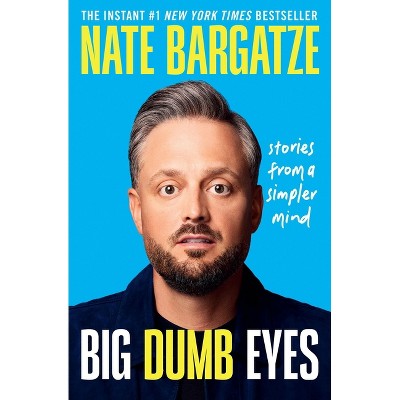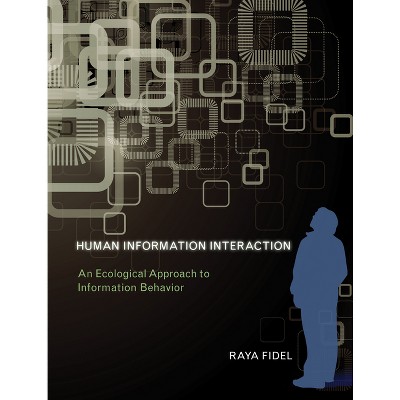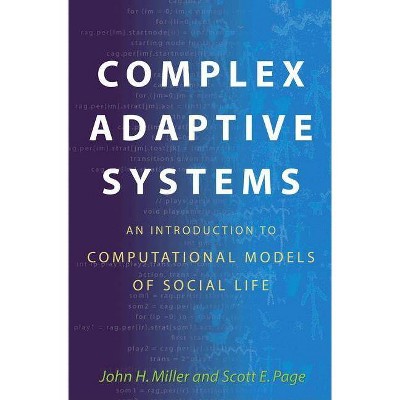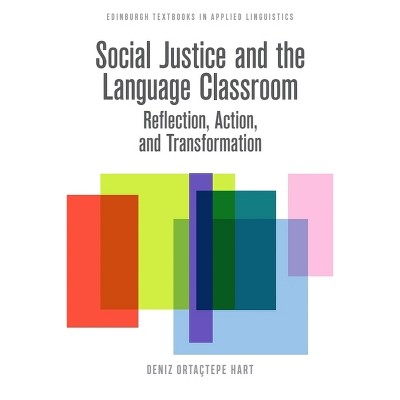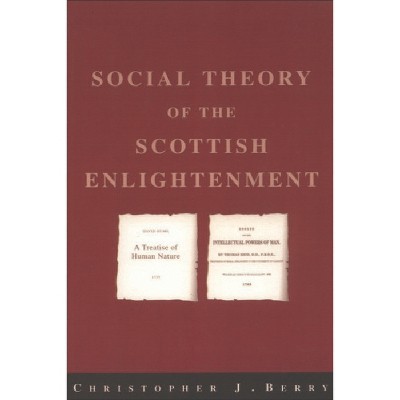Human Spoken Interaction as a Complex Adaptive System - (Studies in Social Interaction) by Aki Siegel & Paul Seedhouse

About this item
Highlights
- Human Spoken Interaction as a Complex Adaptive System explains how human spoken communication functions, combining two separate complex adaptive systems: the universal 'interaction engine' and language(s), which now number around 7,000.
- About the Author: Aki Siegel is an Assistant Professor at Uppsala University, Sweden and a Senior Lecturer at Linnaeus University, Sweden.
- 248 Pages
- Foreign Language Study, English as a Second Language
- Series Name: Studies in Social Interaction
Description
About the Book
Traces the non-linear dynamic longitudinal L2 development of word search sequences in informal social interaction using Conversation Analysis and Complexity TheoryBook Synopsis
Human Spoken Interaction as a Complex Adaptive System explains how human spoken communication functions, combining two separate complex adaptive systems: the universal 'interaction engine' and language(s), which now number around 7,000. Siegel and Seedhouse offer a comprehensive overview of how the components and processes of the interaction engine work together to enable us to understand each other, whatever the language. Through combining Complexity Science and Conversation Analysis, this book explains how to simultaneously analyse spoken interaction on micro and macro scales. Detailed analyses of L2 learners reveal them to be simultaneously expert in using the interaction engine and inexpert in using the specific language. The study shows that the basic characteristics of the interaction engine are the same as for other life-related complex systems and that it is possible to access the perspectives of participants inside this complex adaptive system as it is evolving.From the Back Cover
Each volume in the Studies in Social Interaction series places social interaction at the centre of discussion and presents a clear overview of the work which has been done in a particular context. Books in the series provide examples of how data can be approached and used to uncover social-interaction themes and issues, and explore how research in social interaction can feed into a better understanding of professional practices and develop new research agendas. Through stimulating tasks and accompanying commentaries, readers are engaged and challenged to reflect on particular themes and relate the discussion to their own context.Review Quotes
Highly recommended, it is eminently readable for both newcomers to Complex Dynamic Systems Theory (CDST) and thought-provoking for experienced academics. Using CDST as a metatheory and Conversation Analysis as a methodology, it expands upon the claim that language is a complex adaptive system, to propose that human spoken interaction, a second underlying system, is also a complex adaptive system.
--Diane Larsen-Freeman, University of MichiganThe groundbreaking focus of this book opens up a new analytical dimension in the study of spoken interaction, and one with immense potential for development. Its combination of close analysis and deep conceptual engagement should make it essential reading on any course in the field.
--Keith Richards, author of Language and Professional IdentityAbout the Author
Aki Siegel is an Assistant Professor at Uppsala University, Sweden and a Senior Lecturer at Linnaeus University, Sweden. Her research focuses on language development in and through spoken interactions from a longitudinal and a complex dynamic systems theory perspective. She investigates English as a lingua franca and multilingual multicultural interactions using multimodal and mixed methods approaches. Recently, she is interested in the dynamics of human relationship-building in interaction through multiple encounters.
Paul Seedhouse is Professor of Educational and Applied Linguistics and Director of ilab: learn at Newcastle University, UK. He researches what is universal about human spoken interaction, using a complex systems approach to argue that all human populations combine the same basic interaction engine with diverse overlaid languages. With colleagues in Computing Science over 14 years, he has worked on 4 grants to use digital technology to enable users to learn languages through cultural activities, resulting in the ENACT web app. This provides a universal infrastructure to enable people around the world to display and appreciate their commonality and diversity. He has also had 5 grants from the IELTS consortium to study spoken interaction in the IELTS Speaking Test. His book The Interactional Architecture of the Language Classroom: A Conversation Analysis Perspective (2004) won the 2005 Modern Language Association of America Kenneth W. Mildenberger Prize.
Shipping details
Return details
Trending Book Pre-Orders





